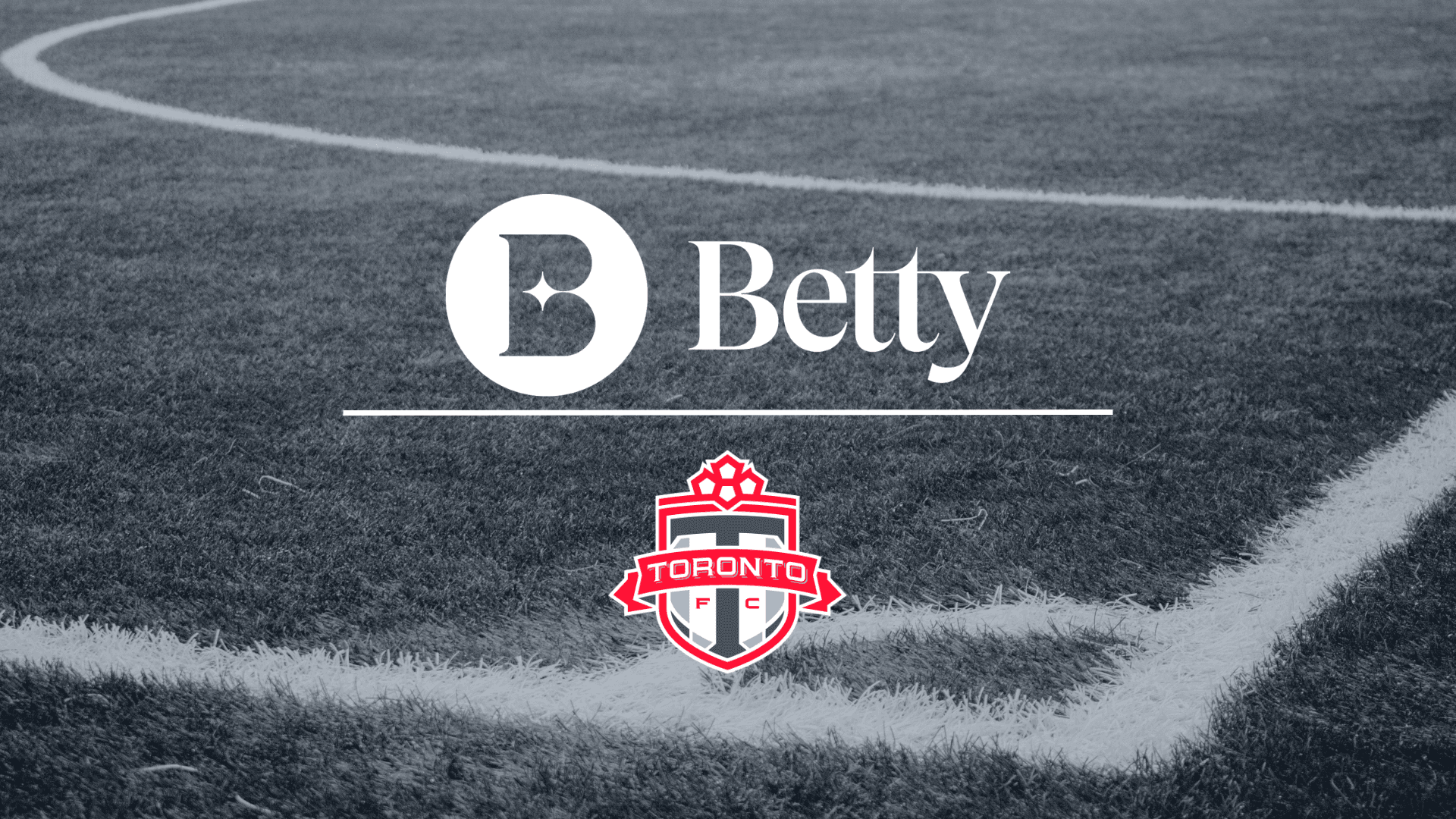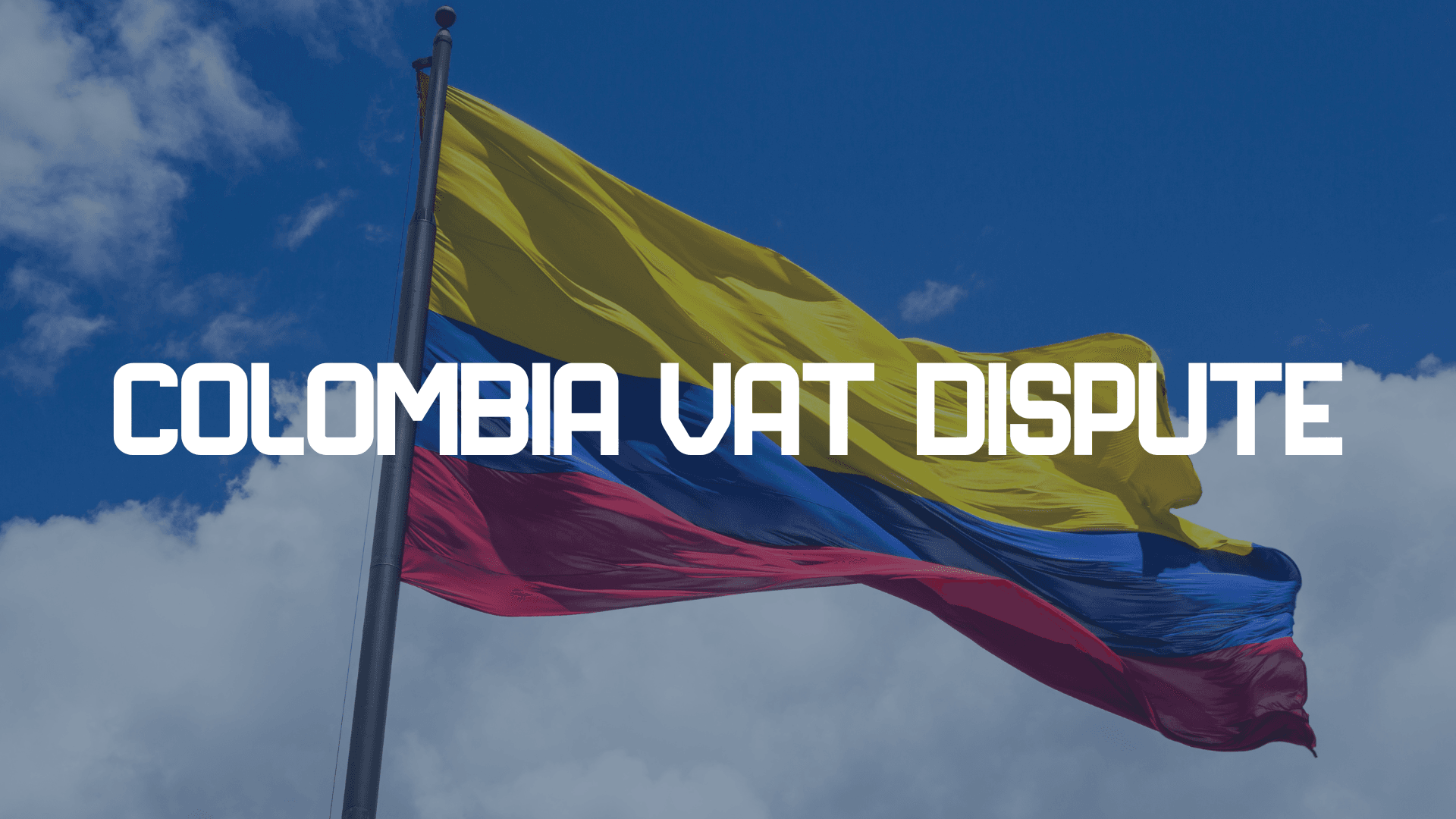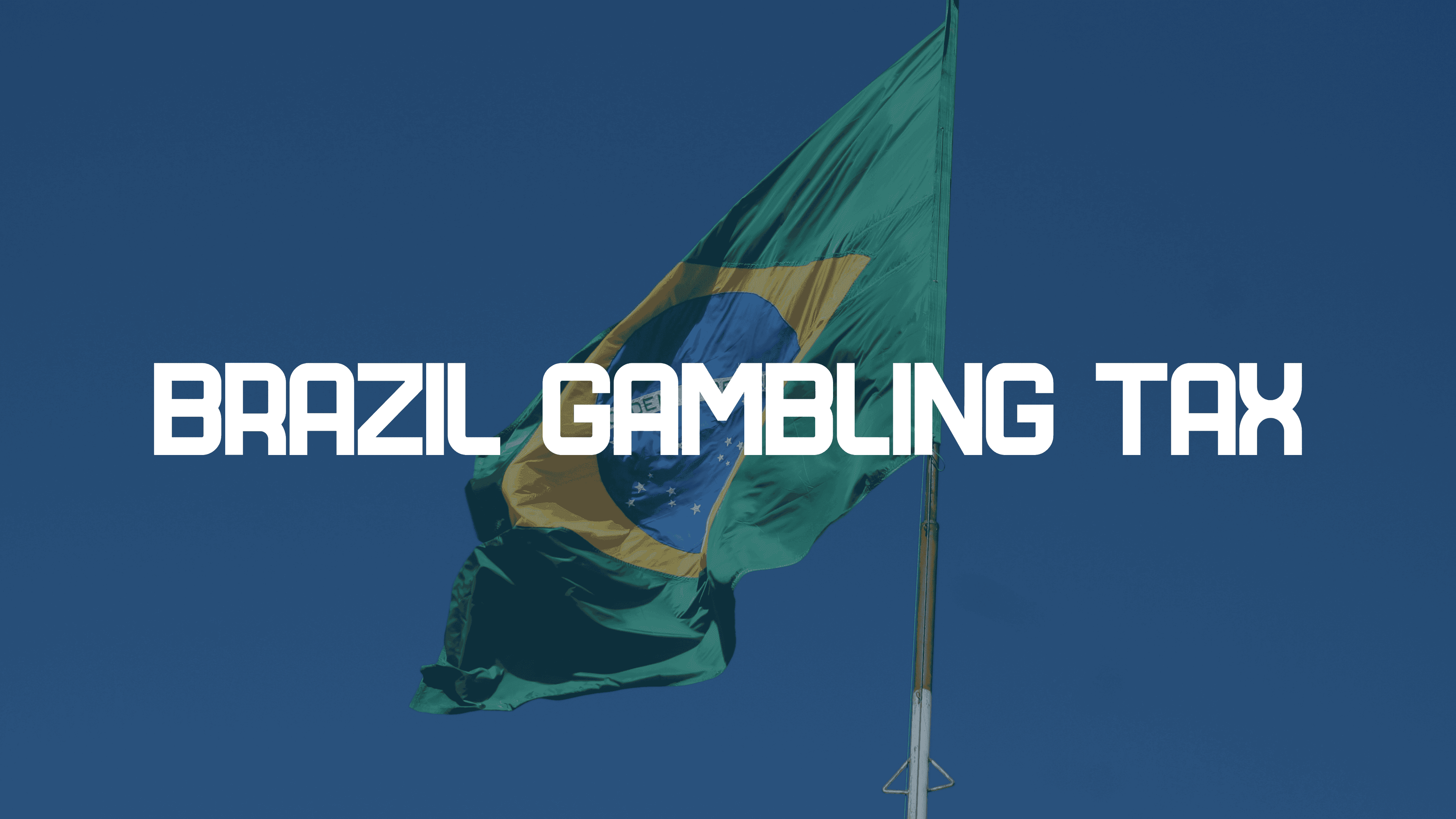Brazil’s government has introduced a provisional measure that increases the gross gaming revenue (GGR) tax on licensed sports betting and online gaming operators from 12 percent to 18 percent. The new tax rate comes into effect immediately and forms part of a broader fiscal initiative designed to strengthen government revenues and support public services.
The measure is part of a wider fiscal package intended to generate approximately 40 billion reais (around $7.2 billion) annually. It is aimed at offsetting revenue losses following the government’s decision to scale back a previously proposed increase to the financial transactions tax (IOF).
New Tax Structure Explained
The tax adjustment was enacted through Provisional Measure No. 1,303, which will need to be ratified by Brazil’s Congress within 120 days to become permanent.
Under the new structure, 18 percent of operators’ GGR will now be taxed. Six percent of the tax proceeds will be allocated to funding Brazil’s social security and health systems, while the remaining 12 percent will be directed toward supporting areas such as sports, education, and other social sectors.
This revised tax model represents a sharp increase for operators, many of whom had already begun adjusting to the country’s newly regulated sports betting and iGaming framework, which only recently went into force.
Industry Concerns Over Market Viability
The government’s decision has been met with significant concern from industry stakeholders. Gaming operators and industry associations have warned that the tax increase, when combined with existing municipal, state, and federal levies, could result in an effective tax burden exceeding 56 percent of gross revenues.
Such a high combined tax rate, they argue, risks undermining the regulated market’s competitiveness and may push both operators and players toward unlicensed offshore platforms, which do not contribute to the local economy or adhere to player protection standards.
Industry groups have also pointed out that Brazil’s regulated gaming market is still in a critical growth phase. They caution that sudden and substantial tax increases could discourage further investment, reduce innovation, and slow efforts to shift players from the illegal to the legal gaming ecosystem.
Government Stance and Future Outlook
Despite the criticism, government officials maintain that the tax adjustments are necessary to safeguard fiscal stability and meet budgetary targets. Vice President Geraldo Alckmin has indicated that further tax increases on the gambling sector remain under consideration as the administration works to balance the national budget.
For the gaming industry, the coming months will be pivotal. Operators, investors, and regulatory bodies alike will be watching closely to see how the provisional measure is debated in Congress and whether adjustments are made to create a more balanced, sustainable tax environment for Brazil’s burgeoning regulated gambling market.
The outcome of this process will likely shape the future competitiveness and health of Brazil’s iGaming and sports betting sectors for years to come.
Sources: iGaming Business, NEXT.io, SCCG Management

Betsson Becomes Official Betting Partner of the Davis Cup

Betinia Expands Gamification Strategy with Diego Simeone ‘Football Manager’ Platform

Betty Expands Toronto Footprint with Argonauts and Toronto FC Deals

FeedConstruct Acquires Exclusive Global Rights to Argentine Basketball Leagues

Petro Pushes to Preserve Colombia’s Gambling VAT Amid Budget Pressure
2026 © Invixos. All rights reserved. A product by Jerom Verschoote.

